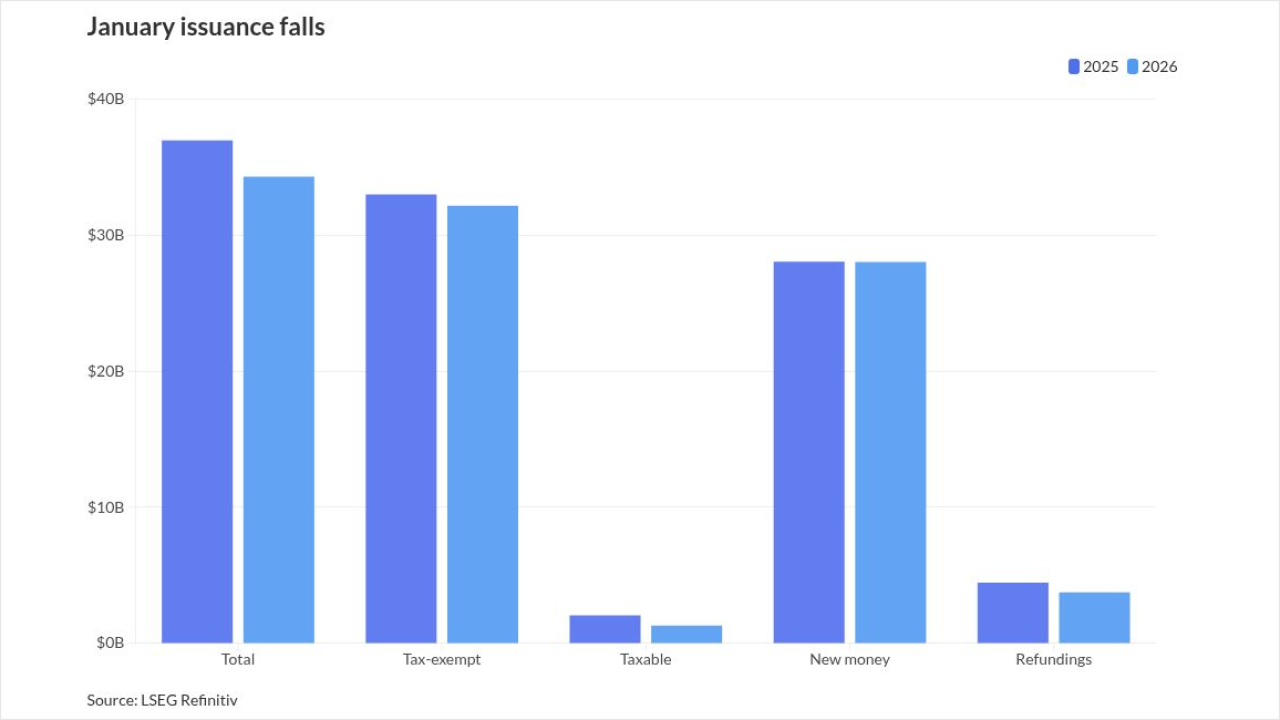Issuers want the most services possible out of broker-dealers and municipal advisors alike with respect to private placement deals, and don't want MAs to bear the costs of dealer registration which would ultimately be borne by the taxpayers.
Issuers and investors weighed in surrounding the ongoing conversation about the proper roles of dealers and MAs in the private placement market. Dealers have repeatedly accused MAs of acting as unregistered placement agents in such deals, while non-dealer MAs have asked the Securities and Exchange Commission to grant them some limited exemptive relief from having to register as broker-dealers to do things like negotiate a private placement with a bank. The SEC has now proposed such relief.
“My attitude is, as an issuer, is more qualified advisory services whether it comes from the MA side or the broker dealer side is a benefit to me as an issuer,” said Jonas Biery, business services manager for the City of Portland, Oregon Bureau of Environmental Services.
Conversation has escalated over the last couple of months on whether or not municipal advisors are becoming de facto placement agents in some private placement deals, essentially selling the bonds to investors on behalf of their municipal clients. Regulators said they consider placement agent activity to be the realm of broker-dealers.
After a series of letters from both MAs and dealers, the SEC on Wednesday requested comment on a proposal to allow non-dealer MAs to facilitate private placements to certain sophisticated and institutional investors.
Overall, issuers are fee conscious when it comes to regulatory burdens that could be placed on MAs if they would have to register as broker dealers, but have a stronger connection MAs comparatively.
If MAs could participate in private placement activities, that could bring costs down.
Biery is looking for more options with private placement deals. For commercial bank style private placements, he said he would want to have his MA lead the way since they have a fiduciary duty to issuers.

Broker-dealers have a stronger connection to the direct securities market, Biery said, whereas MAs have strong local connections.
However, if MAs were to be registered as broker dealers, regulatory costs for MAs could drive up service costs for issuers.
“To the extent that an MA has to register as a broker-dealer and incur some additional costs via a direct cost or compliance costs, those are going to be reflected in the rates that we pay,” Biery said.”
Oklahoma City Assistant Finance Director Kenton Tsoodle has recently begun using dealers that specialize in private placements, which has led to finding more parties interested in their deals, he said. In the past, he had an MA come on board as well to help.
“It (specialized placement agent) had an additional cost and we had to pay some additional fees,” Tsoodle said. “The money that we saved getting better proposals way outweighed the costs of that.”
For large and mid-size issuers, hiring a placement agent and paying the costs is less problematic than for small issuers who may not have the funds.
Tsoodle is also on the Government Finance Officers Association’s debt committee and said they plan to have discussions on this private placement issue over the next couple of months.
As an issuer, Tsoodle said he wants to keep options open.
“Typically we like to keep our options open as long as we feel like we’re protected,” Tsoodle said.
If MAs want to participate in broker-dealer activities for securities, they need to register as such, said Richard Li, a public debt specialist for the city of Milwaukee. However if MAs wanted to participate in a private placement for a non security such as a loan, then they shouldn’t have to register, he said.
"I would use the bright line that's there now. If it's a security, you've got to be a broker dealer," Li said. "If it's not a security, have at it."
However, defining a bank loan and a security specifically in private placements has led to some ambiguity throughout the municipal market.
If MAs do start doing private placement activities, Li said they would have to clearly state their loyalties — to the issuer or investor. Such a disclosure requirement is included in the SEC proposal.
In private placement deals, issuers are only dealing with a few possible investors, said Joseph Rosenblum, former director of municipal credit research at AllianceBernstein. Those deals also tend to be high-yield transactions leading investors to want protections and the highest return.
Rosenblum doesn’t see a difference though between MAs and broker-dealers taking on private placement activities. Investors realize that an MA’s fiduciary responsibility is to the issuer, but that the market also constrains them.
MAs have to get investors to buy at certain rates, but in the end the market dictates the costs, no matter the fiduciary duty.
“It’s constrained by the market and what can get done. At the end of the day, you have to get the deal done,” Rosenblum said.





